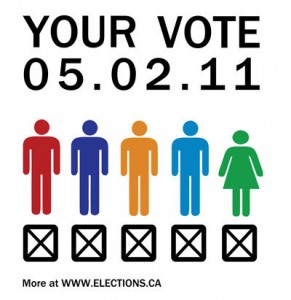From Gizmodo:
Gone is the frustration of not finding the book that the system swears is exactly where you are looking. Gone is the having to sneak through dark corners of stacks and walk all over the library to find a single tome. However, also gone are the serendipitous encounters with texts surrounding the one you were looking for, guiding your research and interests in new directions.
Which is a shame, for sure. But even then, maybe you can still make your way to that fortuitous find but in a whole new way. And without that librarian glowering at you. [University of Chicago Libraries via Geekosystem, Big Think]
OK, let’s put aside the regressive librarian stereotyping and look at what they’re showing us. It seems like a pretty complex and expensive solution. When it breaks, how catastrophic is it to services? I don’t know if this is something will necessarily take off except as a show piece.
I’d say it’s a little analogous to the infamous Zip drive. The Zip drive was an OK innovation that ended up being a huge waste of money for people who bought one and then immediately had to abandon them for the CD-R/W drives – which were way more flexible for data storage. I think elaborate robot libraries will probably lose out to eLibraries made up mostly of eBooks, online journals, etc. The tipping point will be when when eReaders improve in flexibility, quality and price (as they will, inevitably).
Also, it is easy to say this sort of set up would render librarians obsolete. But really, it’ll be the clerks and pages who would be replaced – likely by a crew of oil stained, retro-engineer types (like below) . Think about it, the look of the thing reminds me of Babbage’s Difference Engine. In such a case, steampunk fans would be happy.












